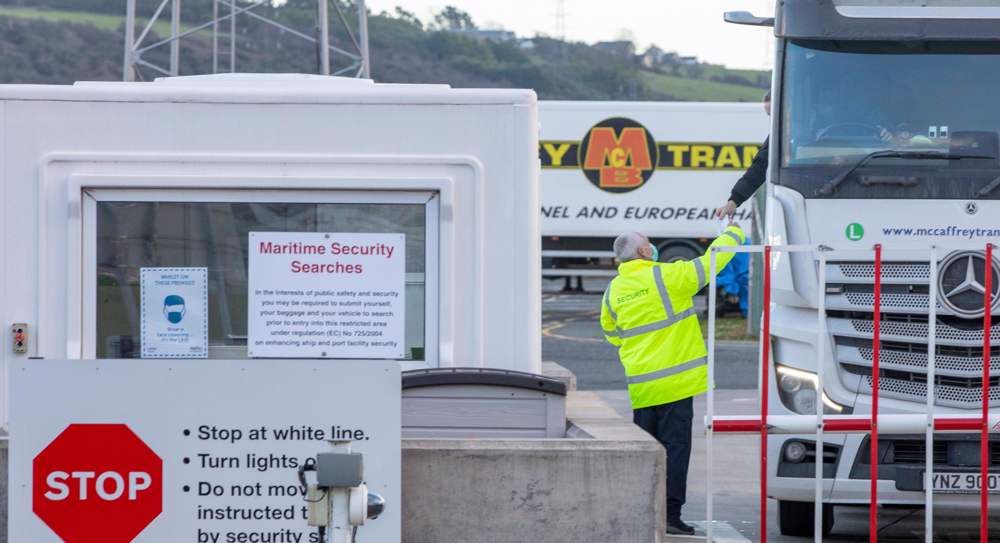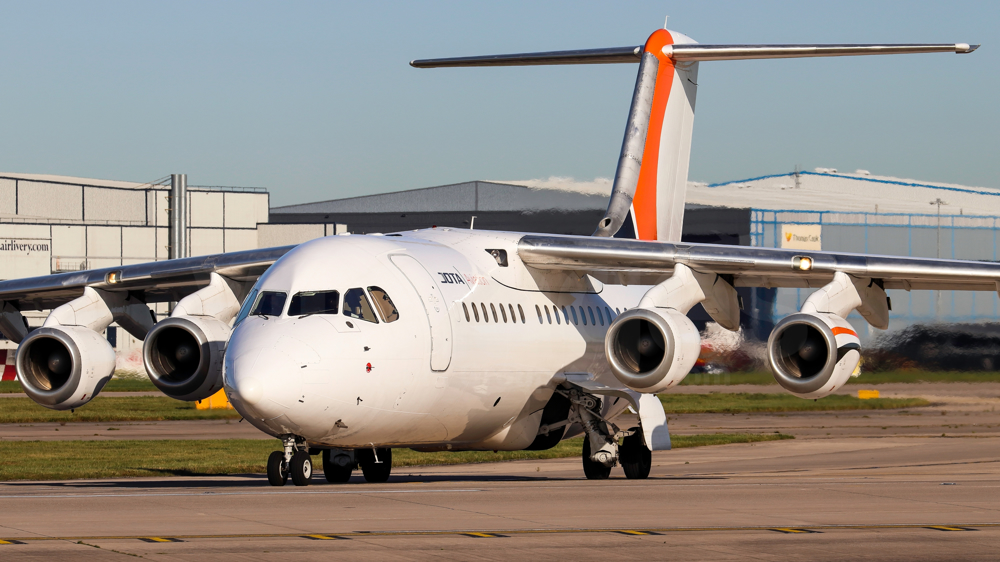Brexit trade delays getting worse at UK border, survey finds
Importing and exporting goods from the UK to the EU and vice versa have had deteriorating delays since Brexit was introduced at the start of the year, a new survey shows.
The survey of 350 supply chain managers was done by the Chartered Institute of Procurement & Supply (CIPS).
The survey shows two out of three had experienced delays of “at least two to three days” brining goods into the UK in comparison with 38% who reported delays in a similar survey done in January.
While a third of the people surveyed said the delays were “significantly longer” than in January, 28% said they were “slightly longer” and 15% reported delays of a similar length to January.
Only 18% said they experienced no delays or fewer delays, which, according to the report, will lead to stock shortages and price rises for consumers.
Meanwhile, 44% said they experienced delays of at least two to three days getting goods into the bloc.
Nearly half of those surveyed said delays were caused by customs paperwork on both sides of the border.
“We are well into the second month of the new arrangements and the hope that delays at the border would reduce as freight volumes returned to normal and customs systems became used to the new processes has not come to pass,” said Dr. John Glen, a CIPS economist and visiting fellow at the Cranfield School of Management.
“The knock-on impact of these delays will trickle far down the supply chain and ultimately result in stock shortages and inflated prices for consumers.”
Earlier this month, the Road Haulage Association (RHA) which conducted a survey of its international members, said the volume of exports going through British ports to the EU countries fell by 68 percent last month compared with January last year.
The Road Haulage Association's chief executive, Richard Burnett, told the Observer on February 06 that in addition to 68 percent reduction in exports, the organization had also found 65-75% of vehicles arriving from the EU, returning empty to the bloc.
The latest survey comes as one of the UK’s largest chemical producers, BASF, says it has experienced “substantial friction” from the new barriers resulting from withdrawal from the EU.
BASF said its biopesticide business “has not exported successfully from the UK during January”.
The company also reported a high volume of product losses, noting the Department for Environment, Food and Rural Affairs had not been able to answer “standard phytosanitary questions the industry warned of over two years ago” with hold-ups leading to “damaged and unusable” products reaching the customer.
It said drivers are being forced to sleep in their trucks for several days at the UK-Irish border and lorry loads were being rejected by the EU because paperwork and mixed loads “seem to flummox port officials”.
Iran ready for both war and dialogue, ‘will not accept dictation’: FM Araghchi
Trump warns UK against enhancing China ties as PM Starmer hails reset
VIDEO | Press TV's news headlines
Iran rejects threats, backs win-win diplomacy, Pezeshkian tells Erdogan
VIDEO | Disabled Iranian woman dies in German custody
VIDEO | Iranian students voice anger at French govt. for hostile policies
VIDEO | EU appears indifferent about Trump's illegal war threats on Iran
Iran FM in Ankara for ‘closer consultations’ on ‘serious’ regional situation












 This makes it easy to access the Press TV website
This makes it easy to access the Press TV website